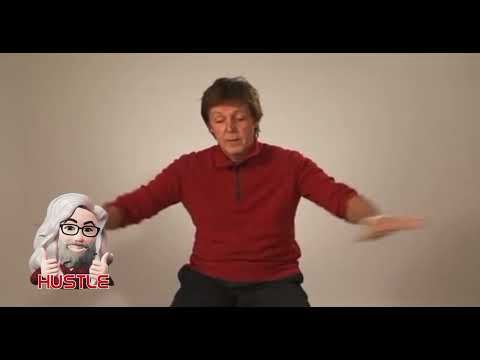


saraslistofedresources.wordpress.com
Thanks to Marcus Larsson & Bernard Andrews❣️
Forward if among your contacts!
Spread!- site is meant to be used…
Have a restful day!



www.theguardian.com/world/ng-int...

www.theguardian.com/world/ng-int...
Stagflation, three day weeks, collapsing infrastructure. Civil War in Northern Ireland. In yer face racism and bigotry everywhere. Bin strikes. Strikes in general. Blackouts. Industrial decline. Wage inequality. Dog crap everywhere. And households spent 25% of their income on food.

Stagflation, three day weeks, collapsing infrastructure. Civil War in Northern Ireland. In yer face racism and bigotry everywhere. Bin strikes. Strikes in general. Blackouts. Industrial decline. Wage inequality. Dog crap everywhere. And households spent 25% of their income on food.

open.substack.com/pub/bernarda...

open.substack.com/pub/bernarda...
1. are SEND diagnoses concrete or abstract?
2. what's a "need'?
3. confusions re. The meaning of "cannot"
4. are explanations of SEND causal or not?
5. statistical norms and SEND
6. criteria and causes
7. SEND and emotions.
open.substack.com/pub/bernarda...

1. are SEND diagnoses concrete or abstract?
2. what's a "need'?
3. confusions re. The meaning of "cannot"
4. are explanations of SEND causal or not?
5. statistical norms and SEND
6. criteria and causes
7. SEND and emotions.
open.substack.com/pub/bernarda...
1. are SEND diagnoses concrete or abstract?
2. what's a "need'?
3. confusions re. The meaning of "cannot"
4. are explanations of SEND causal or not?
5. statistical norms and SEND
6. criteria and causes
7. SEND and emotions.
open.substack.com/pub/bernarda...

1. are SEND diagnoses concrete or abstract?
2. what's a "need'?
3. confusions re. The meaning of "cannot"
4. are explanations of SEND causal or not?
5. statistical norms and SEND
6. criteria and causes
7. SEND and emotions.
open.substack.com/pub/bernarda...
open.substack.com/pub/bernarda...

open.substack.com/pub/bernarda...
open.substack.com/pub/bernarda...

open.substack.com/pub/bernarda...
open.substack.com/pub/bernarda...

open.substack.com/pub/bernarda...
www.tes.com/magazine/tea...

www.tes.com/magazine/tea...

(or why correlation is not characterisation)
(or why correlation is not characterisation)
(or why correlation is not characterisation)
We tend to overcomplicate the idea of an ‘idea’. If asked, ‘what is an idea?’, people often answer with reference to something ‘inside our heads’ or in terms of ‘a thought’, and so on. But I think that the field of education would benefit if we demystified the notion somewhat.
We tend to overcomplicate the idea of an ‘idea’. If asked, ‘what is an idea?’, people often answer with reference to something ‘inside our heads’ or in terms of ‘a thought’, and so on. But I think that the field of education would benefit if we demystified the notion somewhat.




